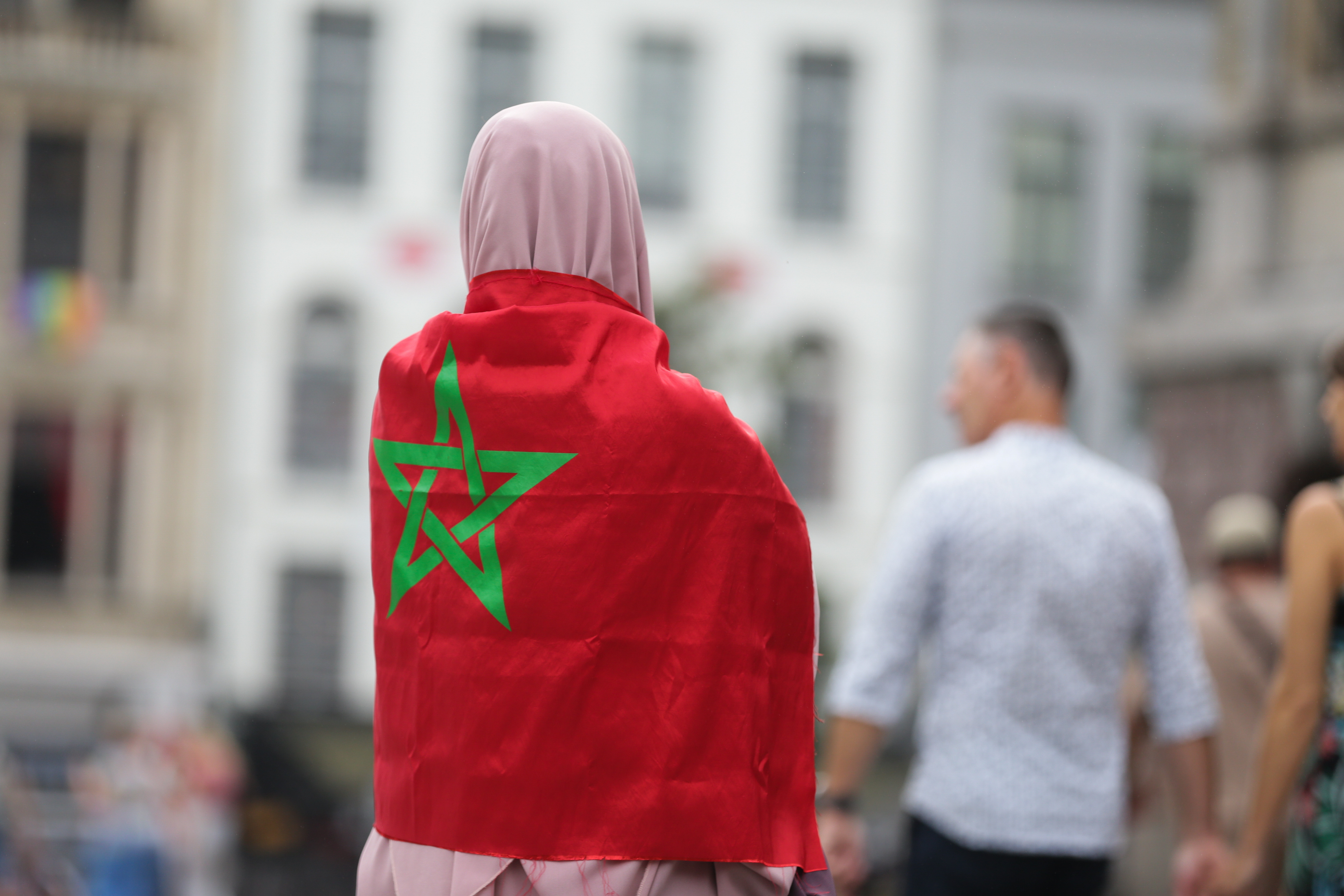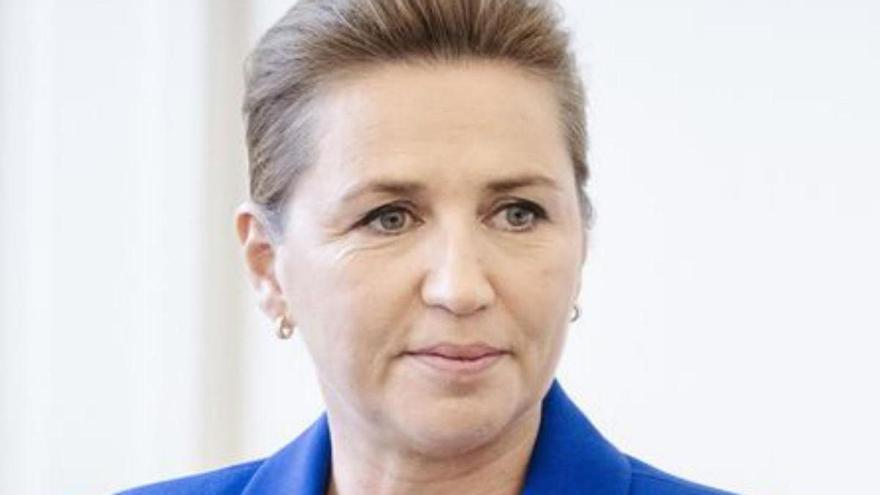
On July 23, 1999, Mohammed VI succeeded his father Hassan II as King of Morocco. In the 25 years since, the Alaouite kingdom has undergone many changes, but its citizens continue to suffer from the scourge of poverty, poor economic conditions, and persistent corruption, to the point that more than half of the country’s young people have considered leaving the country in search of a better future.
The radiographic picture presented by the Alaouite kingdom in the latest African Barometer published last June is of a country that sees with concern how its economy has not fully recovered from the attacks of Covid-19, the Ukraine war, and the September 2023 earthquake in Ukraine. The Marrakech region has problems making ends meet, buying food, and how corruption does not send.
In this context, 35% of Moroccans admit to having thought about leaving the country, a figure that rises to 55% among young people aged 18 to 29, and drops to 24% above this age. By gender, 45% of men have thought about emigrating, compared to 25% of women.
Four in ten of those who have trouble making ends meet have considered this option, compared with 29% of the wealthiest, while those with more education are more likely to consider leaving than those with less education.
In addition, 53% of those who have considered migrating say they would do so even if they did not have the necessary documents, so they would choose illegal routes. In this case, this option prevails among those with less resources (64%) versus 34%, and among men (62% versus 36%).
When it comes to the reasons that motivate them to migrate, 45% of respondents cited economic factors as the main reason, 18% cited educational opportunities, 15% cited corruption, and 13% cited political reasons. In addition, 11% said they wanted to do so to meet relatives already abroad. Economic reasons weigh more heavily among those with fewer resources (56% versus 28%).
As for the destination when leaving Morocco, Moroccans are clear that they prefer the West over any neighboring or African country. Thus, 26% indicated the United States as their preferred destination, followed by France and Canada (23%), Italy and Spain (22%), and Germany (19%), according to the Afrobarometer.
The survey, conducted on a sample of 2,411 people from all regions between December 11, 2023 and January 30, 2024, with a margin of error of 2%, showed that only a third of Moroccans believe that their country’s economy is in good shape, a figure that contrasts with 66% who held the same opinion in 2016.
In its latest assessment last November, the World Bank confirmed that GDP grew by 3% in the first half of 2023, after just 1.3% in 2022 but up from 8% in 2021. According to the African Development Bank’s forecasts, economic growth will reach 3.5% in 2024 and 3.8% in 2025, while inflation will continue to decline (4.1% and 3.8% respectively).
In this context, 22% of Moroccans consider the economy to be the main challenge facing the country, although the figure is 11 points lower than in 2022. However, survey participants are more optimistic than the previous year regarding the future of the economy, with 14% believing that it will be much better, with 35% believing that it will be somewhat better in the coming years.
Positive views and optimism about the Kingdom’s economic future are, as expected, higher among those who do not have problems making ends meet. Additionally, 39% believe the wealth gap has widened in the past year, although the figure is down from 44% in 2022. Among those experiencing financial problems, the figure rises to 49%.
In this regard, a clear difference is observed at the regional level. Thus, in the North, only 26% believe that the gap between rich and poor has widened, compared to residents of the other traditionally more deprived regions of the country in the East (41%), the Centre (44%) and the South (44%).
One of the main symptoms of economic inequality identified by Moroccans is food insecurity. Asked if they ran out of food and did not have money to buy more in the past month, 63% said it happened very often or sometimes. In 2022, 36% gave this answer.
In addition, 57% of Moroccans believe that there is a problem with the availability of food to some extent and 59% believe that there are problems with its accessibility. Among the factors influencing this situation, they cite government management (28%), inflation (17%), wealth inequality (8%), as well as climate change (16%) and the war in Ukraine (12%).
Corruption, on the other hand, is another major concern for Moroccans. 74% believe it is still very or well-performing in state institutions, according to 2016 data, although the figure rises to 86% among those who cannot make it to the end of the month and 77% among those with low education.
As for trust in the Moroccan government, in a country where Mohammed VI has the final say on many issues, especially foreign policy, it stands at 33%, ten points lower than in 2016, when it reached its highest level. The data is similar in the case of Prime Minister Aziz Aghanouch: 10% trust him a lot and 21% trust him to some extent.
The Moroccan parliament elected in 2021 has a better image among Moroccans, with a confidence rate of 38%, up five points from the previous year and 17 points from 2018, the highest level ever recorded by Afrobarometer.
Thus, only one in three Moroccans believes that their government responds fully or partially to what they want, a figure that is higher among the richest (47%), and while 55% want immediate reforms, 37% are inclined to introduce them gradually and 6% prefer no changes.

“Freelance social media evangelist. Organizer. Certified student. Music maven.”


